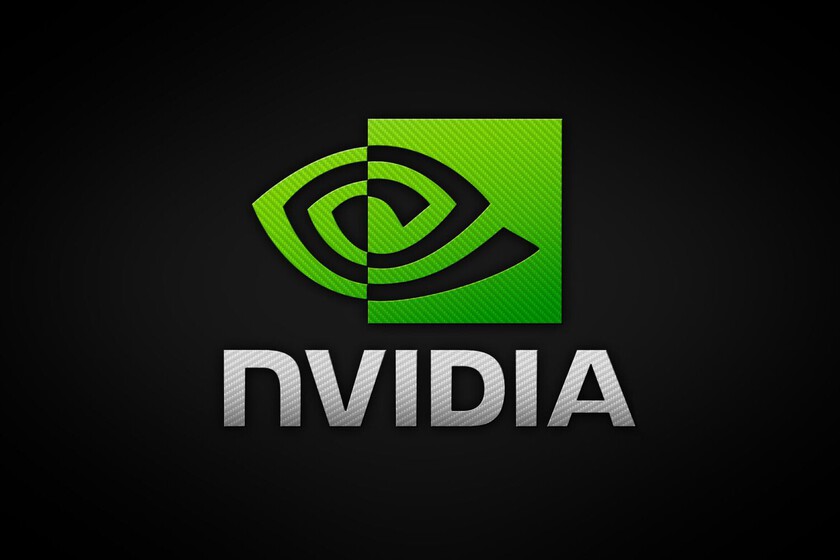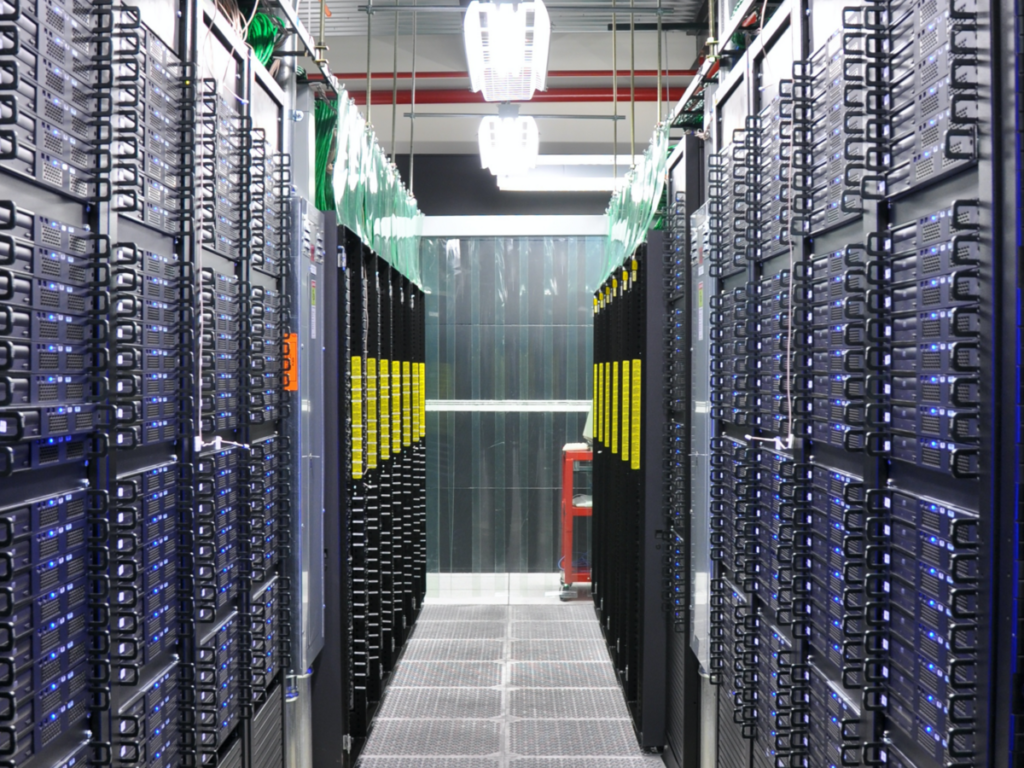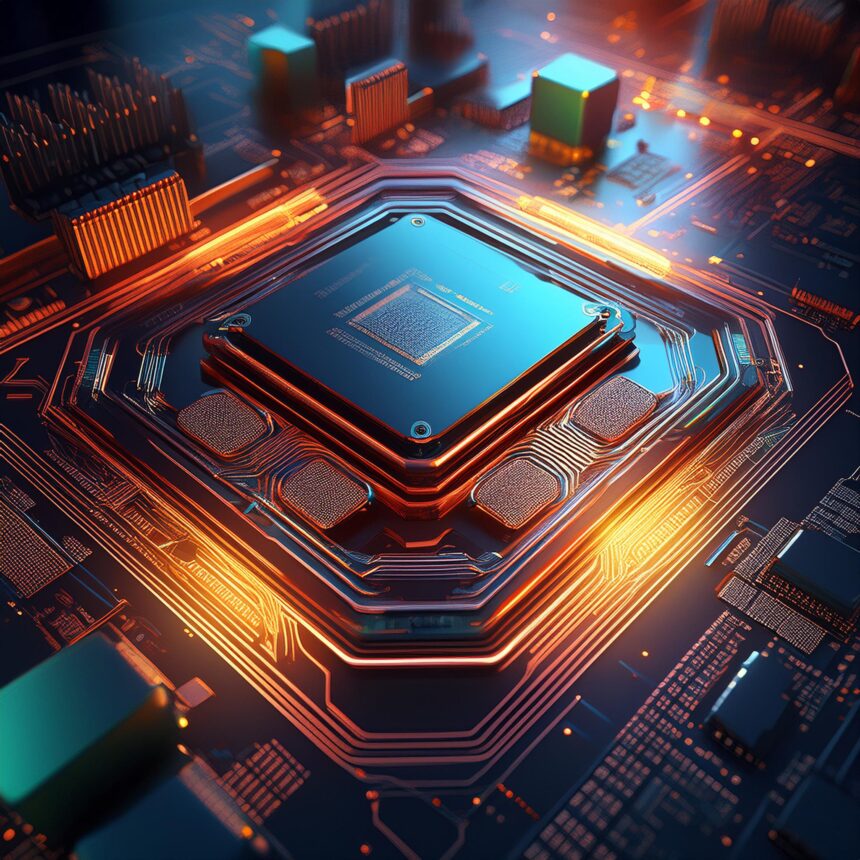The world of microchips is rapidly evolving, with key players in the semiconductor industry constantly pushing the boundaries of what these tiny processors can achieve. This article delves into the latest developments surrounding CPUs, GPUs, and AI chips, focusing on the ongoing challenges and innovations shaping the future of computing technology.
What’s Happening & Why This Matters
Intel’s Chip Bug Controversy
Intel is facing a growing backlash due to a crash bug affecting its 13th and 14th-generation processors, known as “Raptor Lake.” Reports about these defects have been circulating since December 2022, but Intel only acknowledged the problem in July 2024. The bug can permanently damage the affected processors, prompting Intel to extend its warranty support from three to five years. The company also promised to replace chips for consumers who encounter repeated issues. However, this has not appeased everyone. Two law firms, Kaplan Gore LLP and Abington Cole + Ellery, are exploring potential class-action lawsuits, arguing that Intel’s response is inadequate, particularly for consumers who purchased their CPUs as part of pre-built systems.

Nvidia’s AI Chip Delay

Nvidia is also under pressure, as its highly anticipated Blackwell AI chips are facing delays due to design flaws. Originally expected to launch in the coming months, these chips are now projected to be released in early 2025. Nvidia has informed major clients like Google, Meta, and Microsoft about the delay. The Blackwell chips promise a 30x performance increase over Nvidia’s current H100 chip, which powers many AI systems today. This setback comes amid ongoing investigations by the US Department of Justice into Nvidia’s AI practices, including concerns about the company’s acquisition of Israeli AI startup Run:AI and potential antitrust violations.
Data Center Power Consumption and Environmental Impact

The growing demand for data centers, fueled by the rise of AI and cloud computing, is straining electrical grids across the United States. States like Washington, Virginia, and Georgia are grappling with the environmental impact of these energy-intensive facilities. In Virginia, for example, data centers are consuming so much power that some lawmakers proposed using diesel generators to meet demand, a plan that was met with strong opposition. As a result, states are reconsidering tax breaks for data centers and exploring ways to make these facilities more energy-efficient.
Qualcomm’s Snapdragon 8 Gen 4 Chipsets
Qualcomm is making headlines with its upcoming Snapdragon 8 Gen 4 chipsets, which have already outperformed Apple’s A17 Pro chip in benchmark tests. The Snapdragon 8 Gen 4 achieved impressive scores in both single-core and multi-core tests, indicating that it could become the fastest chipset Qualcomm has ever produced. This new processor, featuring custom Oryon CPU cores and a next-generation Adreno GPU, is expected to power future Samsung Galaxy devices, potentially surpassing Apple’s A18 series in performance.

TF Summary: What’s Next
The semiconductor industry is at a critical juncture, with major players like Intel, Nvidia, and Qualcomm facing both opportunities and challenges. Intel must address the fallout from its processor defects, while Nvidia navigates delays and legal scrutiny. Meanwhile, Qualcomm’s advancements in mobile chipsets could shift the balance of power in the smartphone market. As these companies continue to innovate, the impact on technology and consumers will be profound, shaping the future of computing for years to come.
— Text-to-Speech (TTS) provided by gspeech


